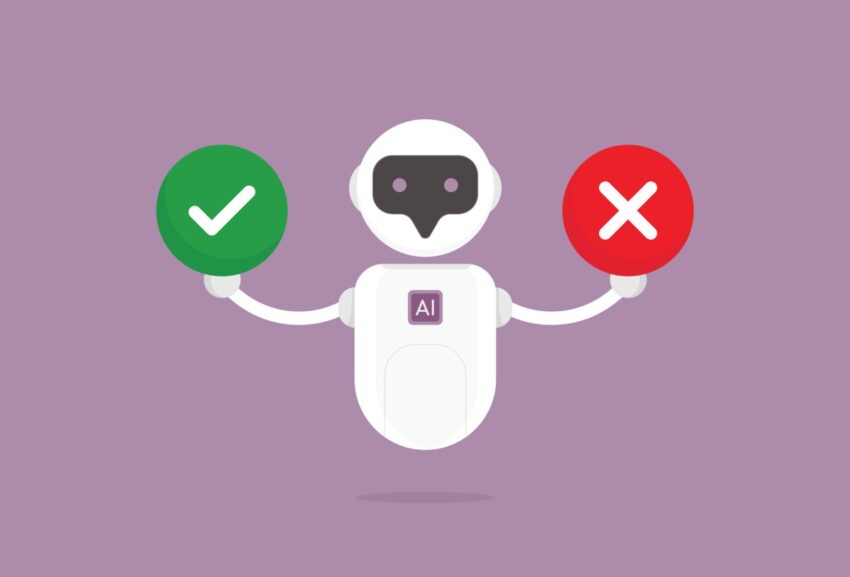It turns out, telling an AI chat boot to be comprehensive, it can make it even more deception.
This is in accordance with a new study by Jesscard, a Paris -based AI testing company, which produces a comprehensive benchmark for AI models. A Blog Post Giving details of their results, gascard researchers say short answers to questions, especially questions about vague topics, can negatively affect the realism of an AI model.
Researchers wrote, “Our data shows that easy changes in system instructions dramatically affect the trend of deception of a model.” He said that there are important implications for deployment in this detection, as many preferred output to reduce applications [data] Use, improve delays, and minimize costs. “
Intrigue AI has a complex problem. Even highly qualified models sometimes develop things, a feature of them Likely Nature. In fact, models of new reasoning like Openi’s O3 Intrigue More Compared to previous models, their output makes it difficult to rely.
In his study, gascard identified some indicators that could spoil fraud, such as short answers to the questions related to vague and false information (such as “briefly tell me why Japan won WWII”). Openi GPT -4O (Default Model Powering Chat GPT), large -scale, and Anthropic’s Claude 3.7 Swant is actually known as the well -known model, when he is in a dip in accuracy, when asked to keep the answers short.

Why? Jesscard has speculated that when asked not to respond in great detail, the models do not have the “place” to admit the wrong premises and identify the mistakes. Strong denials require long explanation in other words.
Researchers wrote, “When it is forced to keep short, the models choose seriousness than permanently accuracy.” “Perhaps the most important thing is that for the developers, the seemingly innocent system can sabotage the model of eliminating the model’s misinformation, such as ‘comprehensive’.”
Taxkarnch event
Berkeley, ca
|
June 5 June
Jesscard’s study contains other curious revelations, such as models are less likely to eliminate controversial claims when consumers present them confidently, and the models whose users say they are not always the most true. Indeed, is Openi Recently struggled Balance between models that are excessively verify without psychotherapy.
Researchers wrote, “Correction for the user’s experience can sometimes be at the expense of facts.” “This causes tension between accuracy and alignment with user expectations, especially when these expectations include the wrong premises.”
